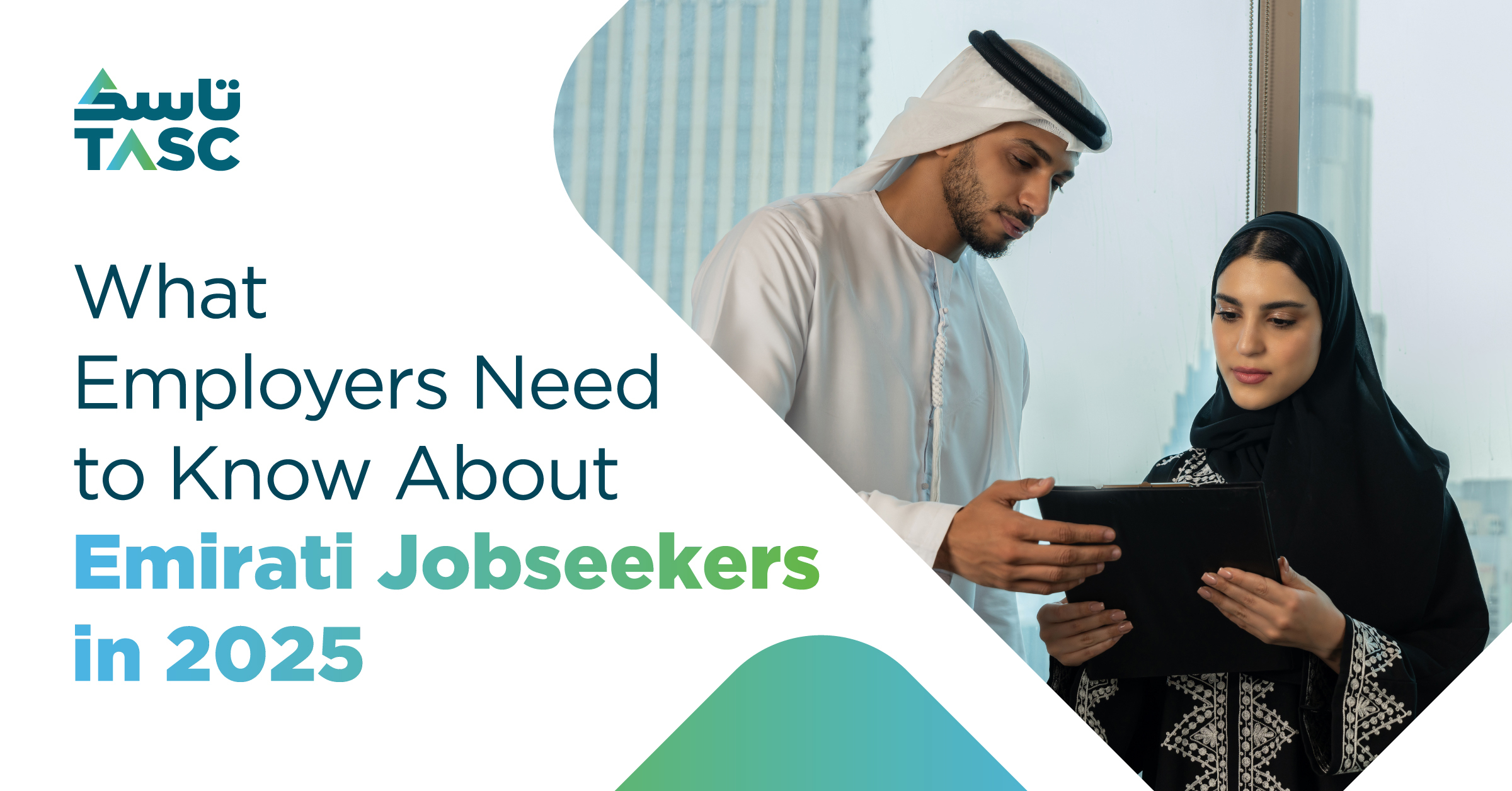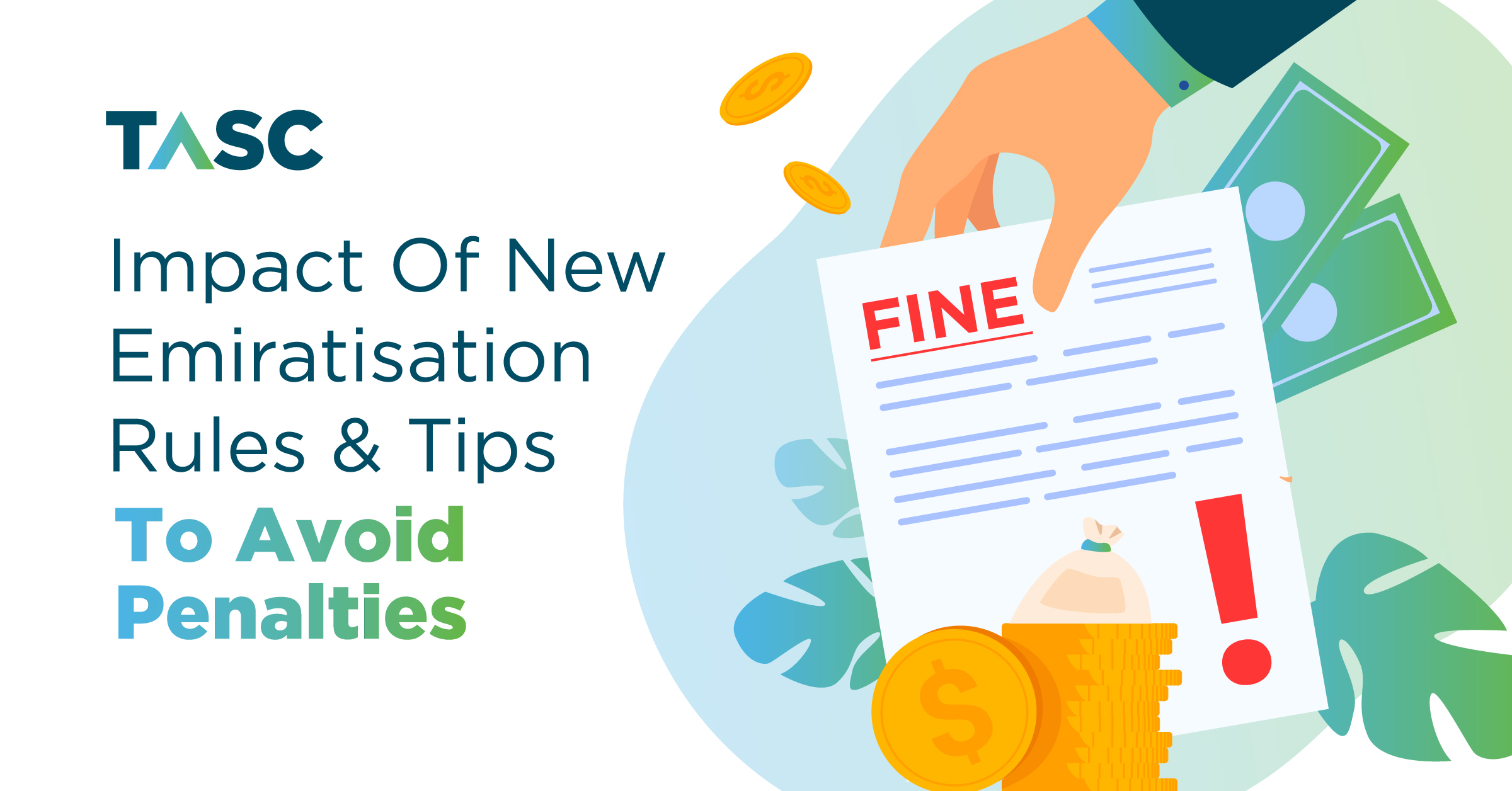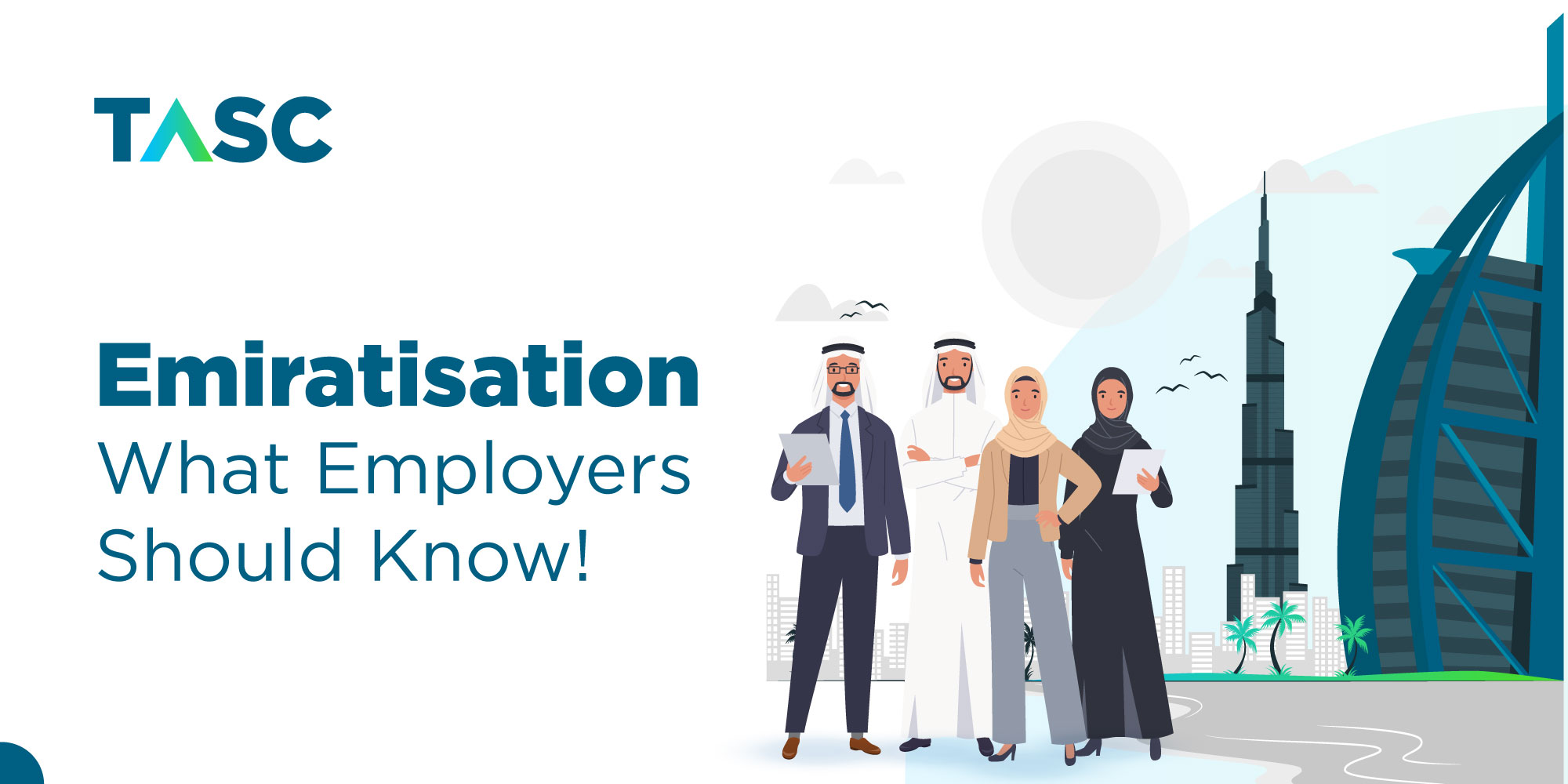Understanding Emirati Jobseekers: What UAE Employers Need to Know in 2025
As the UAE pushes forward with Vision 2031 and its national Emiratisation goals, the role of UAE Nationals in the private sector is growing rapidly. As of January 2025, over 131,883 Emiratis are employed in the private sector – a 43.7% increase in just two years. Since the launch of NAFIS in 2021, nearly 94,900 Emiratis have joined the workforce, redefining what success looks like across industries.
But numbers only tell part of the story.
To attract and retain Emirati talent in today’s competitive market, companies must go beyond check-the-box hiring. For a data-driven strategy, download our Emiratisation Guidebook 2025. This guide uncovers key insights to help employers align with the expectations, values, and aspirations of UAE Nationals in 2025.
What Truly Motivates Emirati Jobseekers?
Job Security Is King
For most Emiratis, job security is more than a benefit — it’s a top priority.
In fact, 42.91% of employed Emiratis rate it as the most important factor when evaluating job opportunities. Temporary or uncertain contracts are often a red flag. Organizations like Expo tackled this by highlighting purpose and prestige in their short-term initiatives.
Career Growth & Clear Progression
Over 37.22% of Emirati employees want well-defined career development paths. They want to know, "What’s next for me?"
That’s why employers investing in training, mentoring, and upskilling programs are seeing stronger engagement and lower attrition. Initiatives supported by Nafis, for example, are equipping Emiratis with the tools to thrive in high-demand sectors.
Purpose and Impact Matter
Purpose-driven employment is another key factor—71.96% of Emiratis are actively seeking roles that align with their values and contribute to a larger mission.
From conservation projects at the Hubara Fund to tech-for-good startups, young Nationals want to be part of something meaningful.
Company Culture and Belonging
A strong workplace culture can make or break the experience. About 28.93% of surveyed Emiratis consider company culture essential when choosing an employer.
This means organizations must focus not only on inclusion but also on integrating UAE Nationals into the day-to-day fabric of the business.
Work-Life Balance and Flexibility Are Essential
Gone are the days when location and hours were non-negotiable. Emirati professionals now expect modern flexibility in how and where they work.
Remote and Hybrid Options
More than 55.5% of employers offer hybrid or remote roles. One standout example is Shaloop Group’s “work-from-abroad” benefit, which allows employees to work from another country for up to four weeks annually.
However, 52.51% of companies still lack any form of remote work policy — a major gap in today's talent landscape.
Preference for Local Roles
A significant 60.62% of Emirati jobseekers prefer to work within their own emirate. Strong community and family ties mean relocation is often a no-go.
Want to see what flexible employers are doing right? We break it down in the Emiratisation Guidebook 2025.
Confidence, Skills, and Future Readiness
Today’s Emirati talent is more confident, future-focused, and ready to take on private-sector challenges.
Self-Belief on the Rise
A remarkable 82.97% of jobseekers and 83.55% of current employees believe they either have or can develop the skills needed to succeed in the private sector. This growing confidence is a green flag for employers seeking adaptable and motivated professionals.
Top Skills Emiratis Prioritize
According to recent surveys, Emirati jobseekers place high value on:
- Communication – 70.78%
- Leadership – 51.65%
- IT & Digital Skills – 45.88%
Other emerging interests include analytics, design, and marketing — all critical for future-ready business teams.
Growing Interest in AI & Digital Roles
Over 52.26% of Emirati jobseekers now have a basic understanding of AI concepts.
Companies like Amazon are integrating AI tools into employee training, and government programs under Nafis are introducing Emiratis to big data, cybersecurity, and digital transformation pathways.
Where Employers Are Sourcing Talent and What’s Changing
NAFIS Still Leads — But Alternatives Are Emerging
NAFIS is still the go-to hiring platform for Emirati jobseekers (55.95%) and employers (58.13%) aiming to meet Emiratisation targets. However, platforms like LinkedIn and other general portals are gaining momentum, particularly for specialized or mid-senior roles.
Key Employer Challenges
- Unrealistic salary expectations: 50.48% during onboarding, 28.47% at the hiring stage
- Shortage of suitable candidates: 28.47%
These challenges are pushing companies to evolve their hiring strategies.
How Employers Are Responding
Focus on Early-Career Talent
A significant 85.41% of employers are actively hiring Emiratis with 0–2 years of experience, signaling strong support for young professionals.
Preference for Permanent Roles
Short-term contracts are declining. Now, 63.40% of employers say they prefer hiring UAE Nationals on a long-term or permanent basis.
Tailored Benefits Are On the Rise
From location flexibility to professional education support:
- 57.89% offer location-based or flexible hour benefits
- 34.45% fund professional studies
- 68.90% of employers invest in upskilling and career development
It's Time to Rethink Emiratisation
Gone are the days when hiring Nationals was a compliance-only exercise. Today’s Emiratisation is about building resilient, empowered, and purpose-driven workforces. Emirati jobseekers bring ambition, curiosity, and a desire to contribute — and they’re looking for companies that meet them halfway.
To succeed, employers must go beyond compensation. By investing in long-term career paths, flexible working models, upskilling programs, and purpose-led cultures, businesses can build teams that are both locally grounded and globally competitive.
Ready to Take Action?
Explore the full data and insights that power this article in our Emiratisation Guidebook 2025 — your go-to resource for meeting compliance goals while building future-ready Emirati teams.





